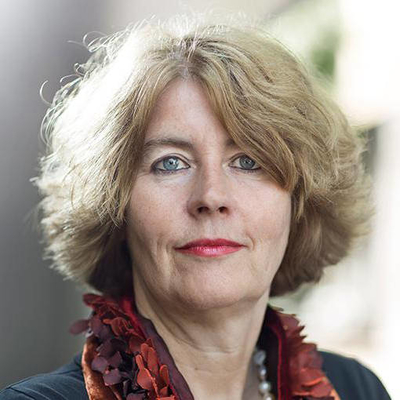This piece is a translated and longer version of this opinion piece by Birgit Meyer on NRC (14 Nov).
Since the promulgation of ‘Plan S’ on 4 September 2018, the intended transition to open access has been the subject of intense discussion. The obligation to publish the scientific articles resulting from NWO1-funded research from 1 January 2020 only in open access journals means a landslide for publication cultures in all scientific areas. While the desirability of broader access to scientific output is universally endorsed by scientists, the way Plan S intends to enforce this is deeply problematic. It comes down to a top-down measure imposed by research funders and policymakers, to which the scientists must adapt their publication behavior, without ever having been consulted.
The chairman of the board of directors of NWO Stan Gielen calls in his opinion piece (NRC 7, 11)2 scientists to ‘form a front against the publishers’ and to close the ‘rows’. Serious considerations regarding the implications of the rapid transition to open access, as formulated by Martijn Katan (NRC 27, 10),3 are countered by Gielen with the assurance that the research financiers behind Plan S have long provided for the prevention of imminent bottlenecks. That is the question, however. Plan S is a surprisingly concise policy document that puts pressure on the boiler but does not make any statements about the actual implementation. Considering the fundamental consequences of Plan S for scholarship across all disciplines, discussion with producers of scientific knowledge is necessary. It is baffling that this has not happened in the run-up to Plan S. The call to scientists to now close the ranks under the direction of NWO obscures a lack of willingness to listen seriously to the scientific field. To stay in Gielen’s imagery, scholars are threatened to get trapped in the front line between research financiers and major publishers.
The drive with which NWO embraced Plan S contrasts with the reticent attitude of the Deutsche Forschungsgemeinschaft (DFG), which respects the autonomy and self-organizing capacity of science and takes this as the starting point for the transition to open access. This would also be appropriate in the Netherlands. In recent years, scholars have increasingly become dependent on external funders, such as NWO, for carrying out their research. In the competition for scarce funds, an excellent publication list is now a requirement. This is especially true for young researchers. Scientific fields and disciplines were held to make their specific criteria for high-quality research and the relevant top journals and top publishers explicit. NWO has played a leading role in the realization of this publication regime, in which scientists assess quality and choose their publication strategy. The elevation of open access to the main objective of NWO policy is at odds with goals such as international visibility and quality.
Plan S is based on a ‘one size fits all’ approach. In the rhetoric of the champions of this plan, it is always about the big publishers who are making huge profits. That criticism is justified. Publishing costs money and brings in money via subscriptions. In order to tackle these tycoons, Plan S requires a shift from a publication model based on subscriptions to a model based on so-called ‘article processing charges’ (APCs), where the publisher receives a certain amount for publishing articles from the authors (or their employer or funder). The implementation of this model raises many questions and has all sorts of pitfalls, especially with regard to ensuring scientific quality and the distribution of funds for APCs across universities and scientific disciplines. It is also to be expected that it is precisely the large publishers that benefit from the introduction of the new model, while smaller publishers and university presses are being stuck. That this model gives a perverse incentive to newly created journals with a view to publishing articles without adequate assessment of quality has already been noticed by Katan. The answer from Gielen, that the makers of Plan S will set quality requirements for open access journals, does not reassure me. Ensuring requirements is a task of science itself. In all scientific fields we have a multitude of excellent functioning journals with engaged editors that are doing exactly this. This includes, among other things, the journals of the ‘learned societies’ that have been providing a well-known platform for leading research for many years and which usually appear at major international publishers. Many of these magazines are not limited to Europe because of their international character. They will not be able to make the switch to an APC-based model easily because authors who do not fall under Plan S do not have access to this type of fund. This applies in particular to researchers in the Global South: in exchange for open access as readers, they lose the opportunity to publish as authors. In this way Plan S unintentionally undermines the internationalization of science in various ways.
Unfortunately, open access has been ideologized from the outset by the proponents of Plan S. Criticism is soon dismissed as a sign of a conservative attitude and symptom of a generation gap. This stands in the way of a serious discussion. NWO must understand that, step back, and listen to its researchers.
—
1 Netherlands Foundation for Scientific Research (NWO)


